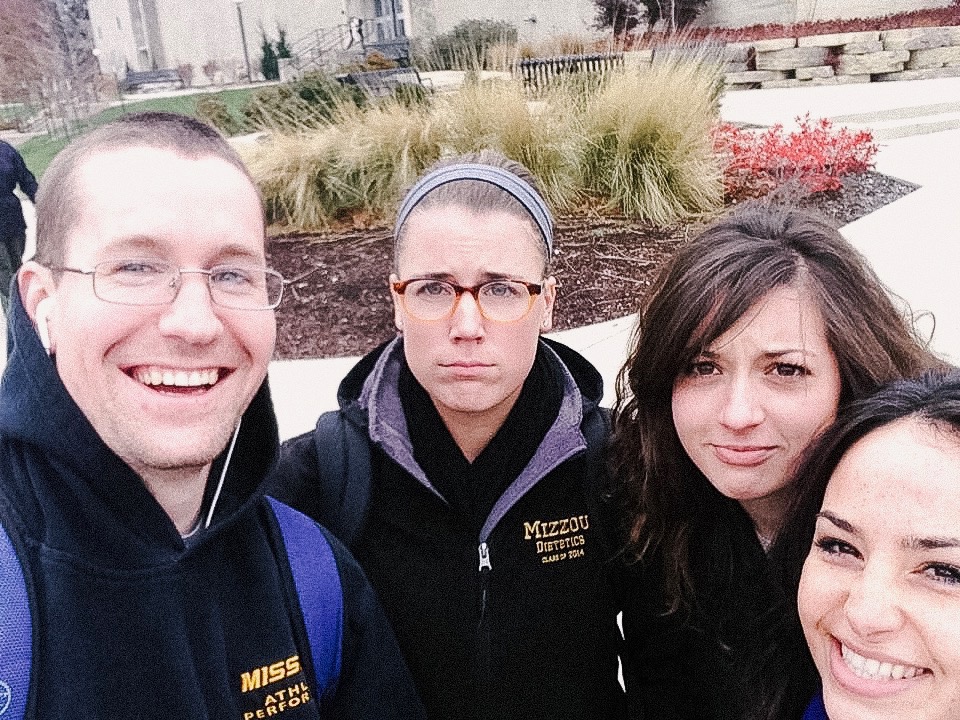I wanted to take a little time today to explain the difference between a Dietitian and a Nutritionist because I know that can be a little confusing…kind of like the difference between whole grain bread and multi-grain bread, but that’s a conversation for a different day.
So all Dietitians are Nutritionists, but unless a Nutritionist has an RD attached to their name, they’re not a Dietitian. What’s it matter? Such a good question! 😉
To be a Nutritionist or Health Coach there are no education requirements. This means that if you wanna be a Nutritionist, CONGRATS! You are! There are online courses you could take and if you work somewhere selling supplements they might have you take a “nutrition certification” and although your employer might require it, this doesn’t hold much weight apart from that. A Health Coach may be someone who went through their own personal transformation, and good for them!, but one individual’s experience doesn’t equate to knowing what’s best for you.
Okay now let’s look at how Dietitians are different. To be a Registered Dietitian you have to jump through a bunch of education/certification hoops, similarly to how someone becomes a Registered Nurse. Here are the steps…

- Obtain a degree (generally a Bachelors of Science) from a university that has either a Didactic or Coordinated Program in Dietetics—these programs are strictly regulated and monitored to make sure the colleges are producing well-rounded, science-based Dietitians. If a program is failing to do this, the program gets taken away from the university.
- Complete 1200 hours of supervised practice. This means the student works under a Dietitian to learn the ropes. Only about 50% of students who get their degree in Dietetics will get matched with an internship. If you don’t complete this step, you cannot become a Dietitian.
- Take the registration exam! Of the 50% of people who get an internship, about 85% of them pass the exam on the first try.
- Maintain your registration by completing 75 hours of continuing education every 5 years.

Kind of rigorous, right? That’s a good thing! It means you, as my client, are protected. I’ve been trained to look at big pictures of science and to break huge, complex concepts down into “eat this and here’s why.” We’re trained in Medical Dietetics, which means we know how your medical history and diseases are impacted by nutrition. In general, eating more fruits and veggies is good, right? Not if the client has kidney disease—this increase in potassium could make their heart stop!! Eat as clean as you possibly can to be healthy, right? Actually no, mental health suffers (this is why I focus on finding balance) when people do this, and a Health Coach or Nutritionist telling someone this may have the absolute best intentions, but if they haven’t been trained like a Dietitian has in identifying disordered eating patterns, they could push someone into some severe and long lasting mental health problems.
I am so happy and proud to be a Registered Dietitian-Nutritionist. YOU are literally the reason I got through Organic Chemistry, I’m not even kidding, I used to think “Jen you gotta get through this because this is one step closer to helping your people.” I could cry thinking about it. Lova ya. Mean it.
-Jen Lyman, RDN, LD, CLT
Comments
BE THE FIRST TO WRITE A COMMENT